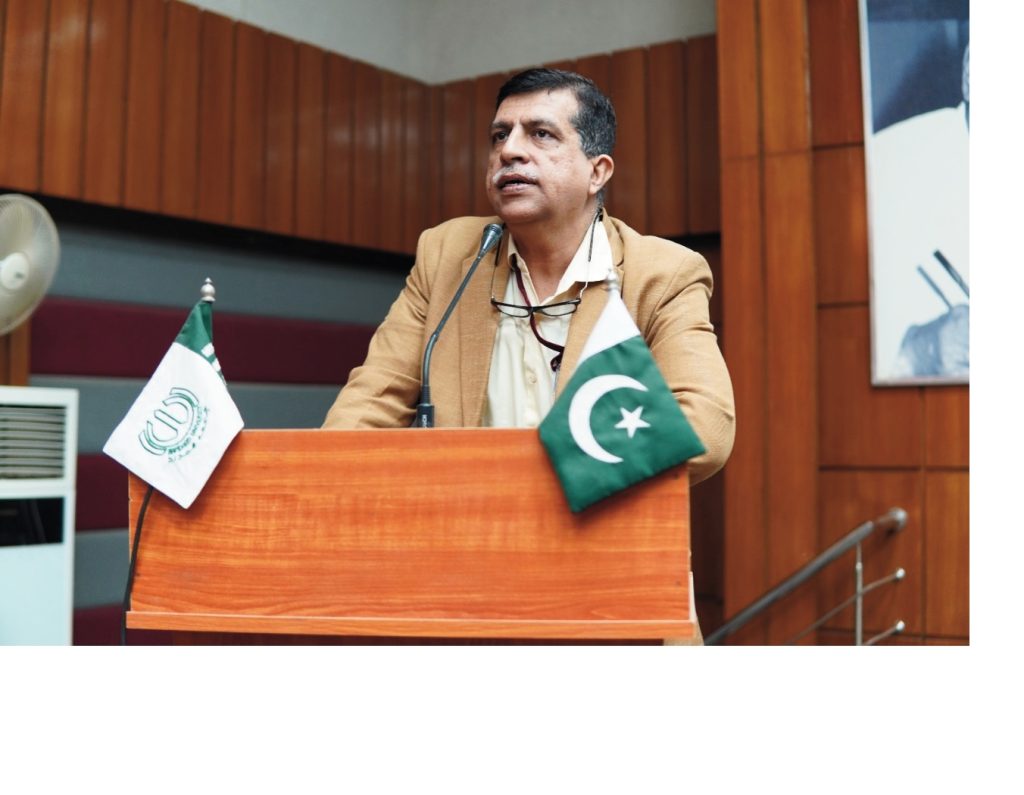
Dream University: Knowledge Vs Job
One can see it from two aspects. One, a university that any student desires to get enrolled in, and two, a university whose majority of graduates fill prestigious vacancies. Once upon a time, we would get education for knowledge and consciousness whereas today the objective is to get a good job. A university whose degree is believed to be a trump card for the job is the highest preference.
Now have a look at it yet from another two aspects. In some good universities, a student may fail to become an impactful graduate for society while an impactful graduate may be produced by a relatively lesser-known university.
Teaching style matters
All universities have the same course set in the curriculum by accreditation bodies in Pakistan. Then why the outcomes are different? Because the teaching styles vary from one teacher to another. I look at universities from three perspectives: faculty, facility, and locality—all three aspects have a great impact on the institution. Of them, faculty makes a great difference.
Faculty, Facility, Locality & IoBM
In terms of facility and locality, we are in the run and a plus point is our status of W Category—one among Pakistan’s 9 business universities. We are improving our faculty and are adopting ways and means to reduce the burden on our faculty. But we are faced with an issue here. Our regulators want us to run degree programs and research simultaneously unlike universities abroad where one set of universities only run degree programs and the others offer research programs such as doctoral research. Our faculty in Pakistani universities are overloaded to accomplish tasks like teaching, research, and also activities linked with the functioning of the institution.
IoBM Academic Excellence Framework
To reduce the load on faculty, we have worked a lot and have made a framework, the very first in Pakistan to be put into practice in our institution. This framework passed through our BoG and got a nod. Now we want more faculty to implement such a framework but we are short of faculty and it is pretty difficult to acquire from the market.
Dearth of Faculty
Because of a bad economy, good faculty are moving abroad—a trend very much prevalent in Pakistan. So, it has created a dearth of faculty in the country. Pakistan’s academia is losing its faculty resigning to move abroad. It is posing a serious challenge and this issue may take severe shape in Pakistani universities. We neither attract new faculty nor hold the current one because of dollar-rupee parity.
Cognitive measures
Do we recognize brain drain from our universities? Yes, we do and also the thought process is everywhere. We at our university are reviewing the salary structure and have given a 10 percent raise for the time being. Since we are an established institution, we are able to manage these things but the newer universities may face more problems.
IoBM & industry
Industry wants a finished product that can be put right to work from day one. Today’s employers do not invest in fresh graduates like their predecessors in the past. When I joined the industry, I did not know the language that was in use in the company. I knew seven languages as a programmer but the 8th language that I learned was from the employer.
Model of collaboration with industry
Around 70 percent of our visiting faculty is from the industry. Our Capstone Program is well-grounded addressing real problems and the students under this program are linked with the same faculty. Resultantly, most of the graduates are picked up by the companies where the faculty is coming from. Our Capstone Program comprises over one and a half thousand projects at the moment. We have earned a name in the market and you can find our alumni in every institution.
Imminent Challenge
Faculty retention is the major challenge at the moment. We are striving to address this challenge. Then there is yet another issue pertaining to reporting to regulatory bodies. After the 18th amendment, the Higher Education Commission (HEC) was devolved but the central commission was retained at the center. Now we are reporting to HEC Islamabad as well as HEC Sindh. They do not have any coordination between them. Moreover, similar issues are experienced with other regulatory bodies too.
A growing institution
We have planned to expand in two ways. One, we have decided to move to computing for its expanding demand in the market for the next ten years. We have recently approved new computing programs in our academic council. Two, We are establishing an IT Park where we shall offer short courses in IT to students who have done matriculation or intermediate.
By Manzoor Shaikh
